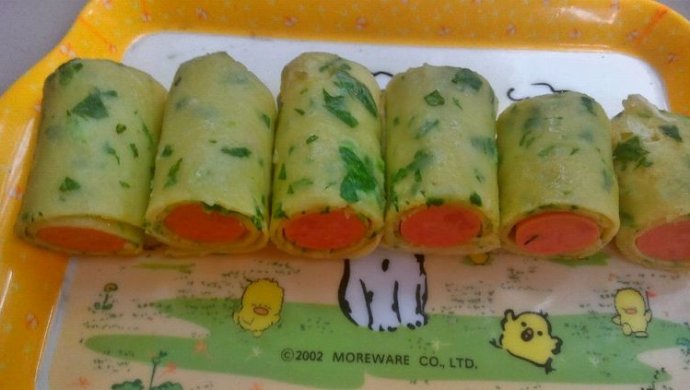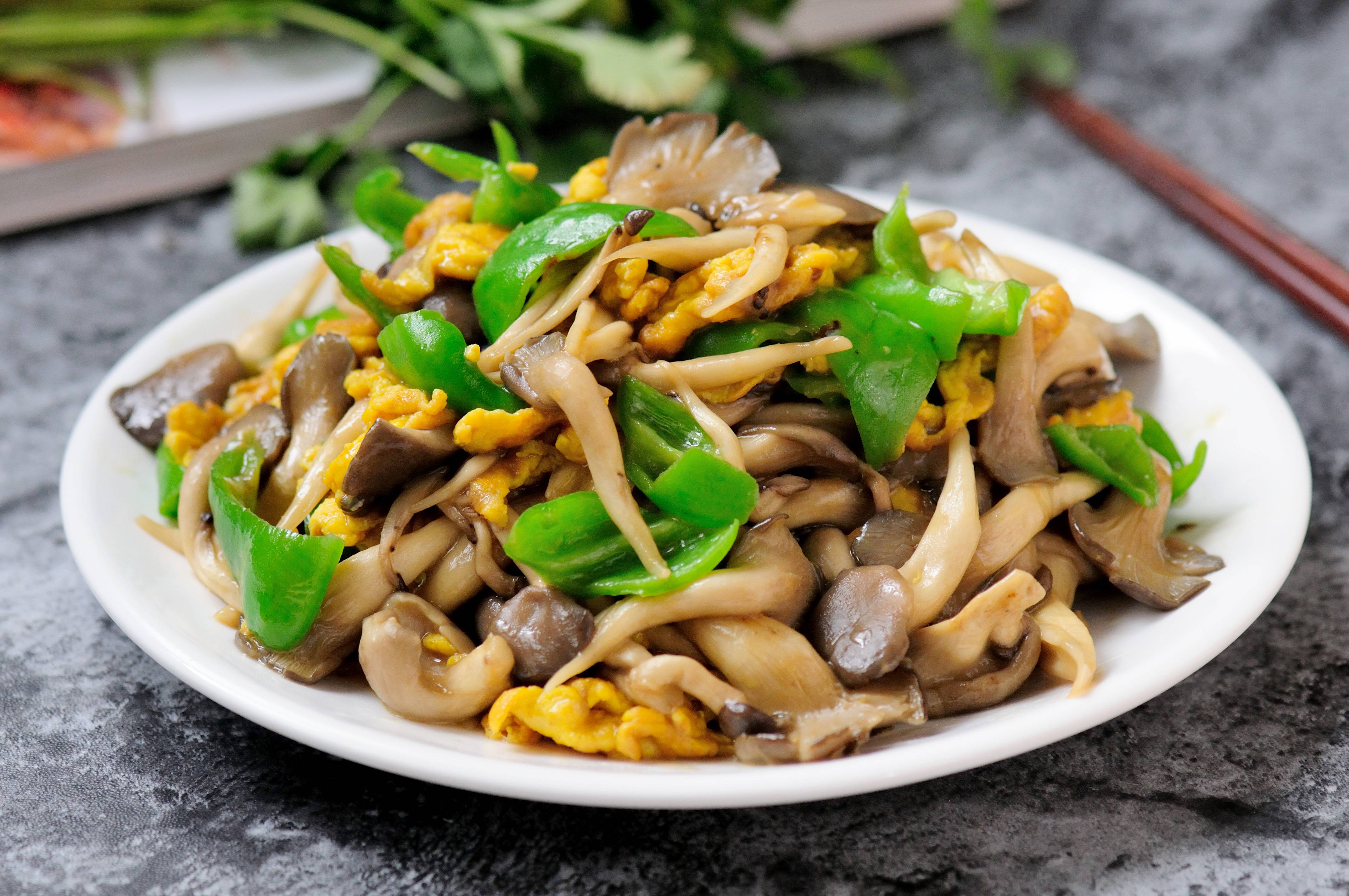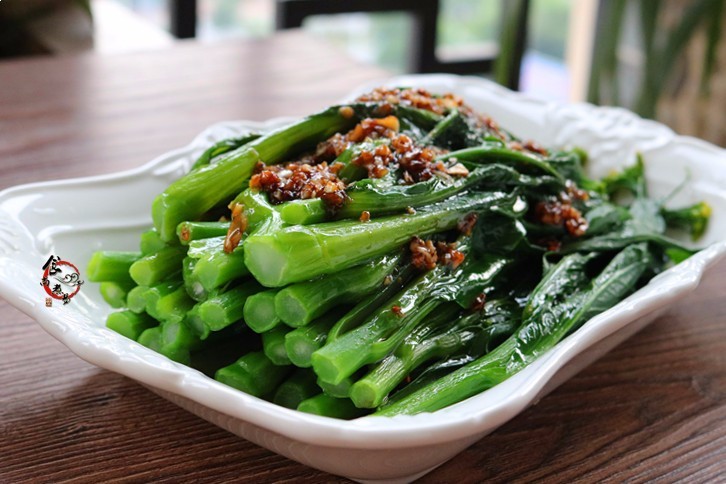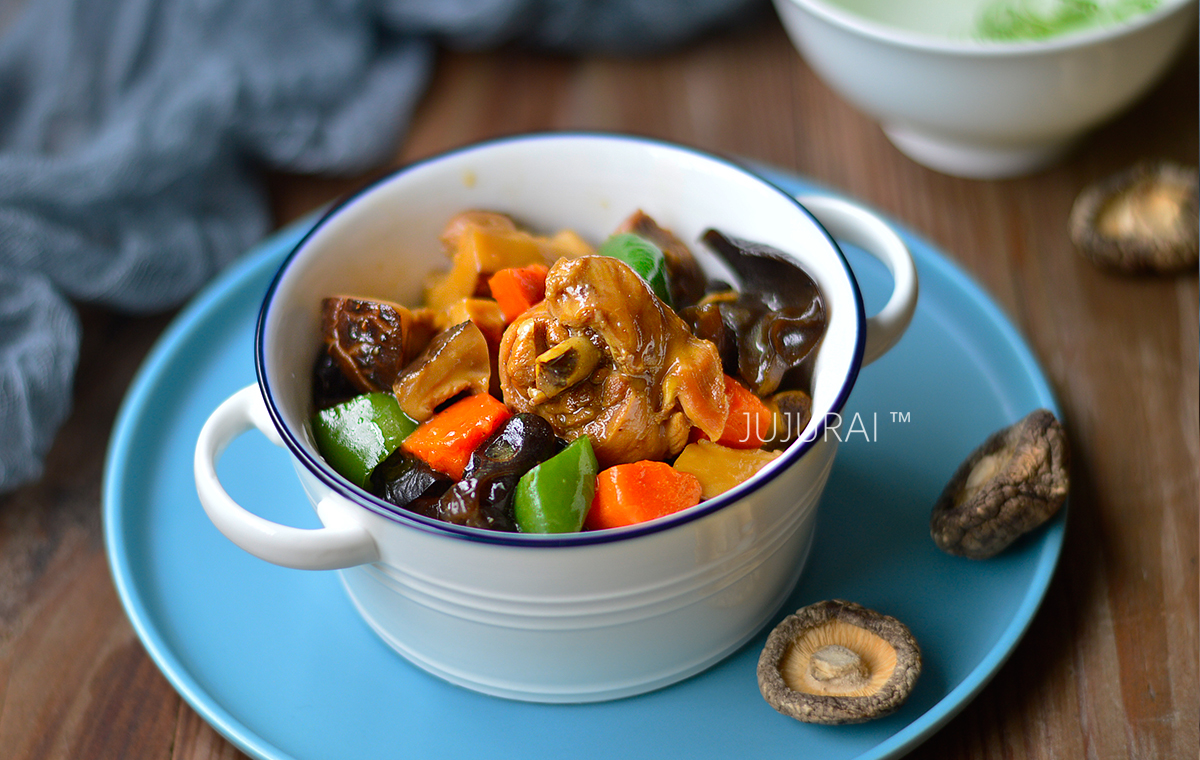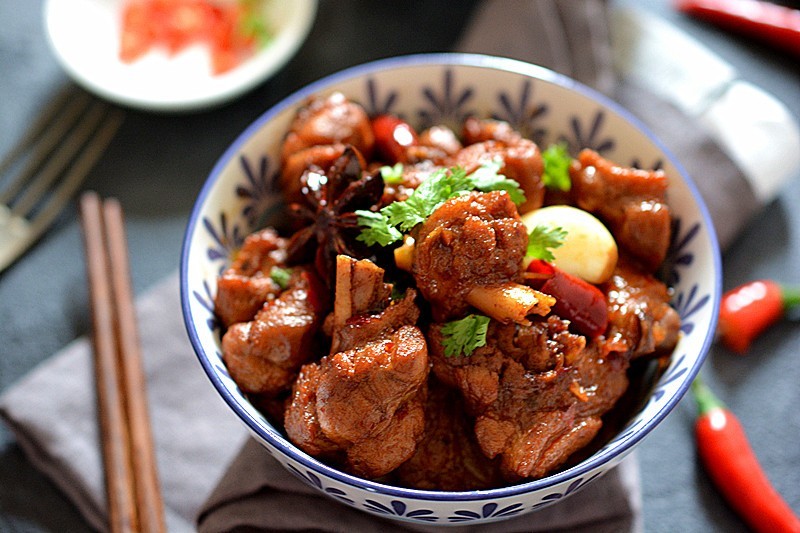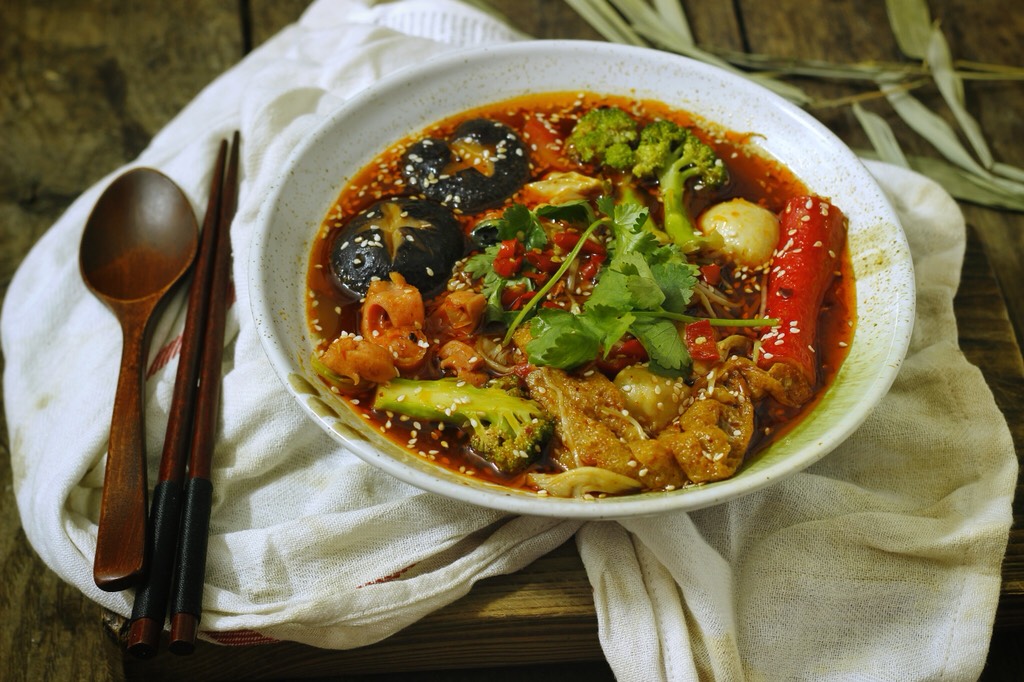jelly
Ingredients
- Qiongzhi 20g
- Fruits Appropriate amount
- Water 2.5 liters
- Rock sugar 40g
Steps
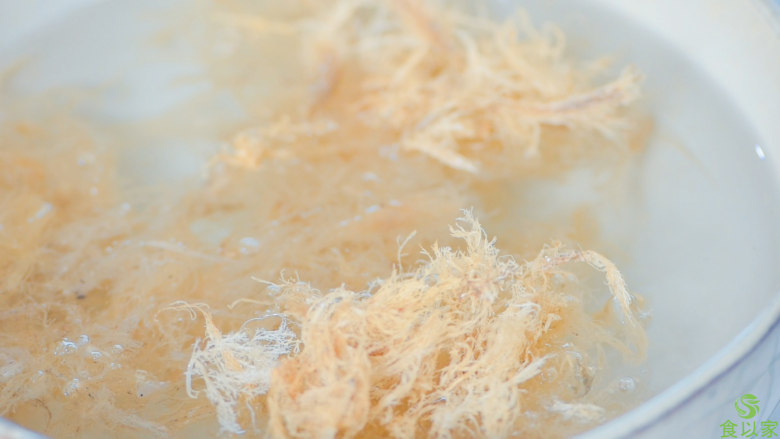
1. Soak the twigs in water for 2 hours.
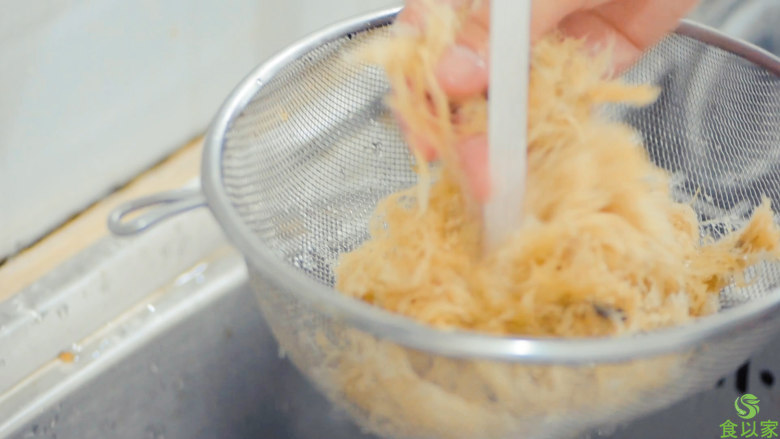
2. Rinse with water after soaking. There will be many small shell fragments on the branches. Just clean them a little. You don't need to clean them specially. They will be filtered in the subsequent steps and will not affect the taste.
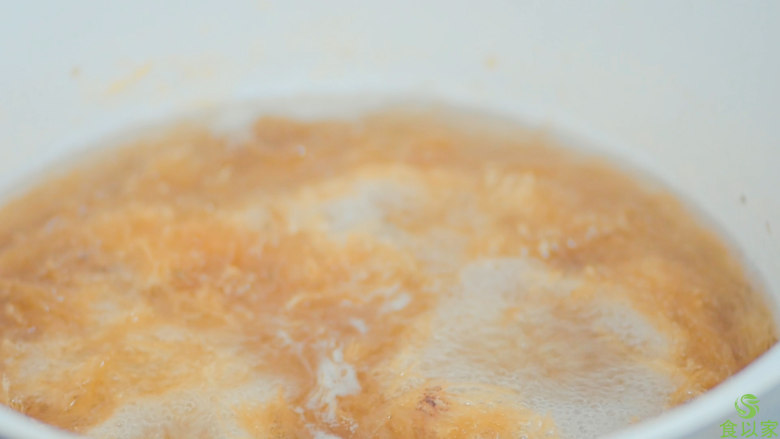
3. Put the Qiongzhi into the pot, add 2.5 liters of water, bring to a boil, then turn to low heat. Cook for 1 hour.
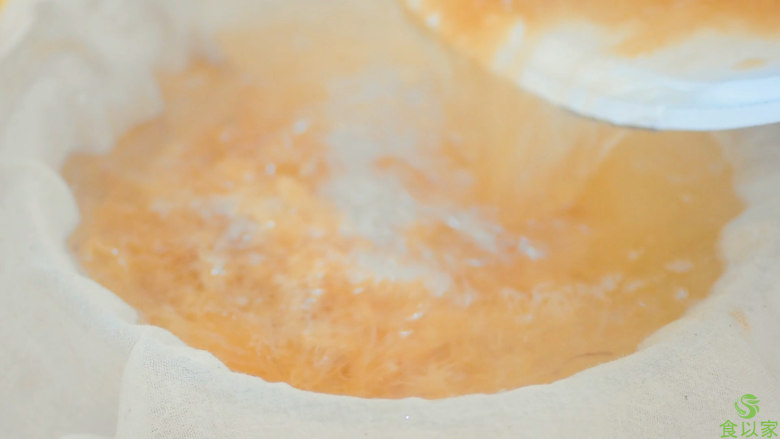
4. Filter with gauze, just water. Filter with gauze to filter out the shell fragments on the branches.
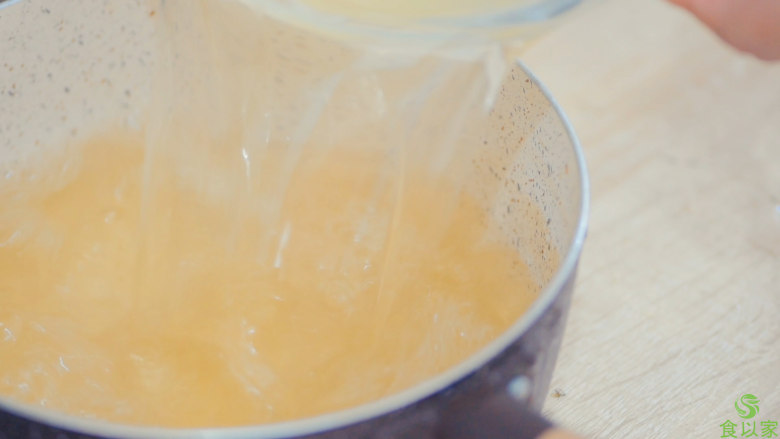
5. Pour the Qiongzhi water into a pot again
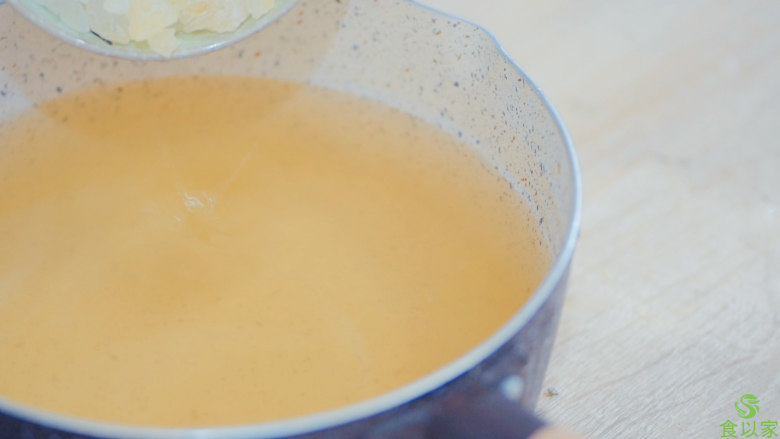
6. Add 40 grams of rock sugar. The taste produced from 40 grams is slightly sweet. The amount of rock sugar can be increased or decreased according to your own taste.
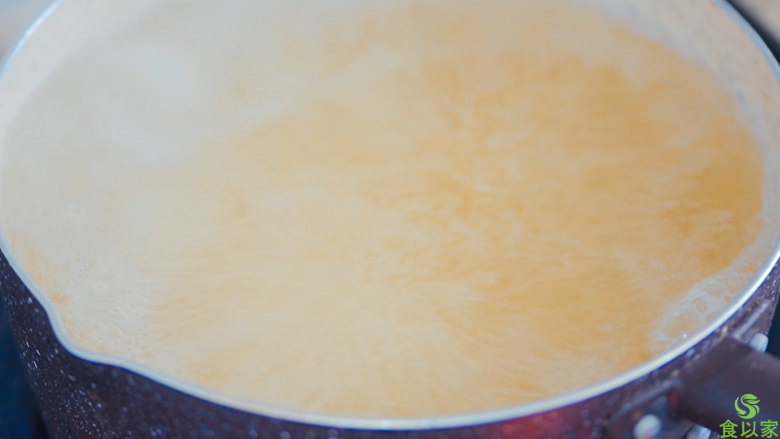
7. Cook the rock sugar until it is completely melted.
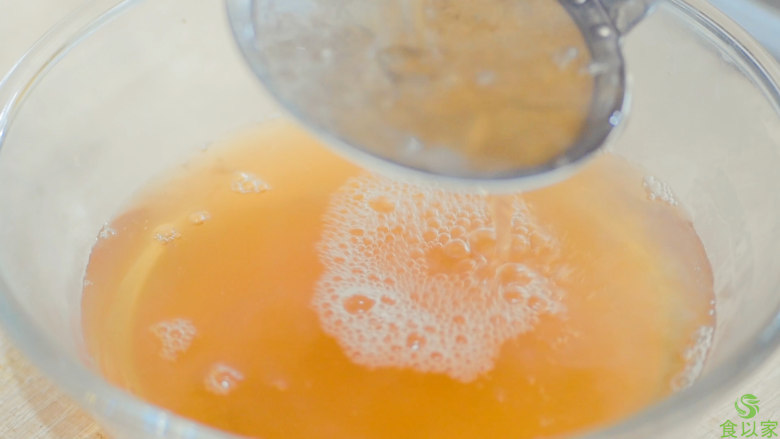
8. Filter the Qiongzhi water again. Filtering again is to make the juice clearer, this step can be omitted.
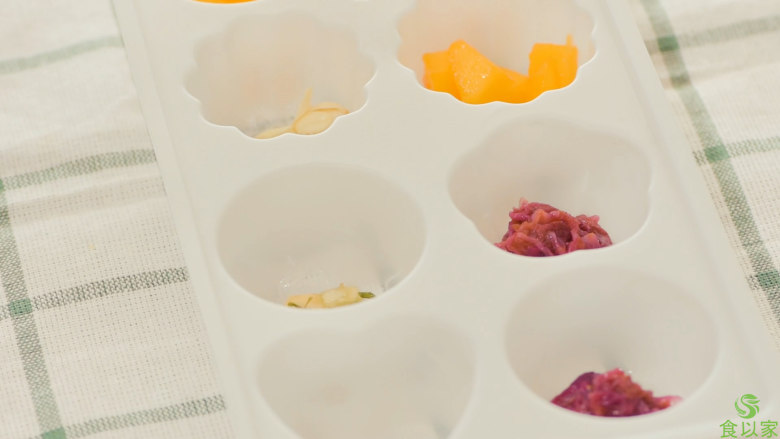
9. In the mold, first place various fruits and flower paste. Don't use too much, as too much is not conducive to shaping.
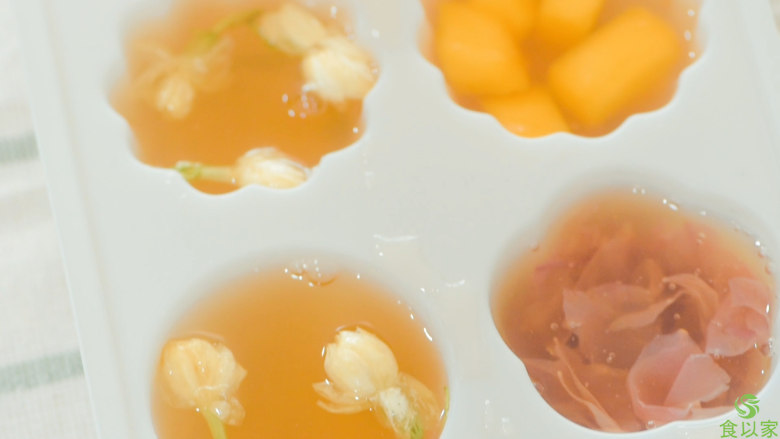
10. Pour in the Qiongzhi soup and let it sit for 2-3 hours to take shape. To speed up the molding time, place the mold in cold water and let it sit.
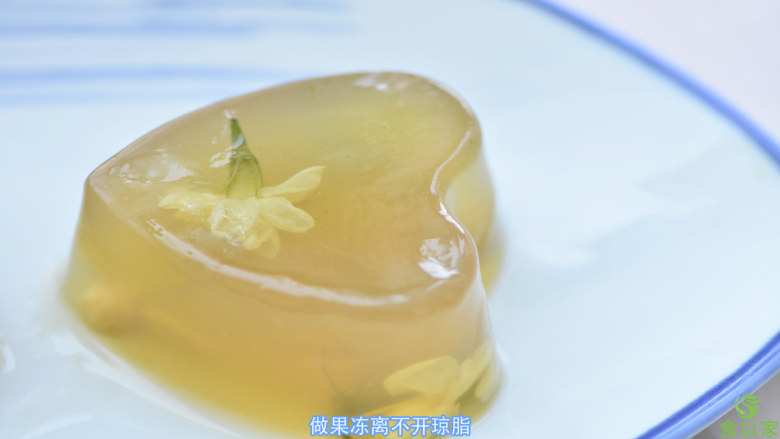
11. After forming, just flip it out.
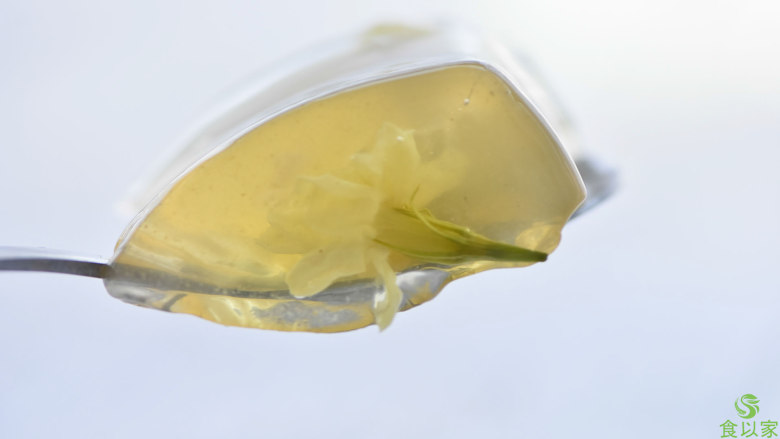
12. The jelly made from Qiongzhi has a crisper texture. If you don’t add fruit, you can also just let it sit and shape, then use a scraper to scrape it into shreds and make cold dishes.
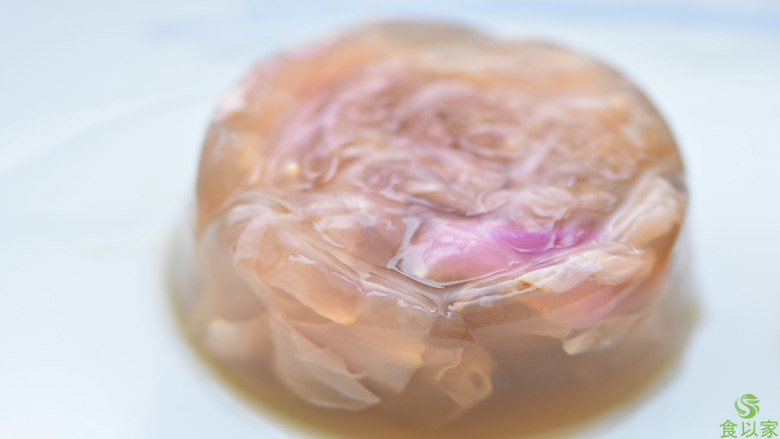
13. My favorite is the rose jam one, which tastes sweeter.
Tips
- Gellidium is rich in minerals and vitamins, especially the alginates that have antihypertensive effects, and the starchy sulfuric acid Lipids are polysaccharides, which have lipid-lowering functions and have certain preventive and therapeutic effects on hypertension and hyperlipidemia.
- Traditional Chinese medicine believes that Gelidium can clear the lungs and resolve phlegm, remove dampness and relieve heat. "Compendium of Materia Medica": It can be used to clear away hot phlegm from the lungs, damp-heat in the intestines, damp-heat caused by yin deficiency, and hemorrhoids.

